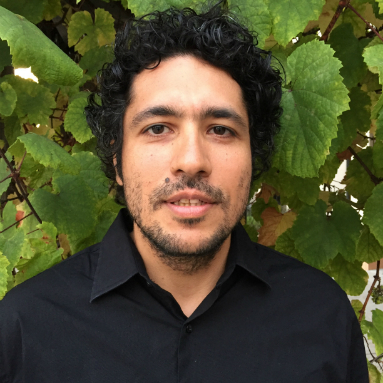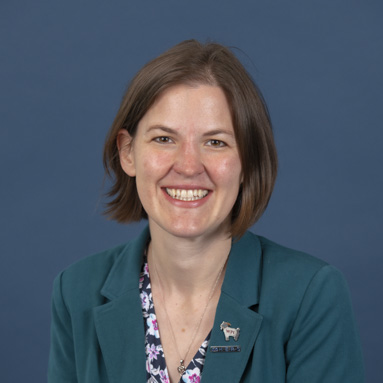Nonprofit organizations regularly face challenges such as budget cuts, limited resources, and political instability. Now, according to a survey conducted by the National Council of Nonprofits, the increasingly tight labor market, exacerbated by the pandemic, is also hampering nonprofits’ ability to hire and retain employees as well as attract volunteers—both key resources.
Seeking to support the efforts of nonprofits to match resources and assets with client demand and operational needs, an interdisciplinary team of researchers at Worcester Polytechnic Institute (WPI) and Rensselaer Polytechnic Institute (RPI) has received a four-year, $1,849,994 award from the National Science Foundation (NSF) to design and implement a new algorithm-based community “collective ecosystem” tool that nonprofit organizations can use to find and share resources—such as event space, transportation for supplies, donations for clients, or even a staff member experienced in grant writing or a volunteer lawyer to review documents.
WPI will receive $1,153,934 for the project, which is one of 14 the NSF is funding through its Future of Work at the Human-Technology Frontier program for the purpose of “leveraging science and engineering to shape a safer, more equitable future of work with opportunities for all.”
Unlike a traditional job board or barter exchange, the digital tool being developed will allow multiple exchanges to happen simultaneously. Each organization can set values for the resources it posts on the site and bid on resources others make available, so that the platform will be driven by the needs and assets of the participating nonprofits. The goal is to incentivize organizations to be part of a collective ecosystem where they can not only lend out and borrow resources, but also foster long-term collaboration that equitably benefits every participating nonprofit.

Associate Professor Andrew C. Trapp of The Business School at WPI is leading the university’s team and noted, “we are using technology to not only impact the world, but to shape and transform it. Major social media and e-commerce companies have transformed profit-maximizing applications; we are designing cutting-edge technologies for nonprofit organizations that are devoted to increasing social value and human welfare.” Trapp has previously developed matching algorithms to help humanitarian organizations match refugees to appropriate services to settle into communities.
Right now, the new tool is in the early stages of development and will undergo multiple iterations over the next four years. The team is partnering with nonprofit organizations in the Baltimore area for an initial pilot study. In particular, it will work with Mike Mitchell, the nonprofit executive who originally conceived of this idea. Mitchell is based in Baltimore and has extensive experience in volunteering for and leading nonprofits; he is a strong believer in the collaborative spirit of the civic sector. He says this project can help nonprofits have a transformative impact on the communities they serve.

Mitchell expects this platform will better coordinate services across multiple nonprofits to smooth the process for people in need. For example, a food pantry client may be able to simultaneously access employment support and healthcare. He said, “The amount of resources lost by not having systemic approaches to social problems is immeasurable. Human beings are not one dimensional and, therefore, the social problems they face are not either. We need a tool that facilitates a multidimensional approach to the social sector and the problems it hopes to resolve.”
WPI faculty members Yunus Telliel and Sarah Stanlick, social scientists who are also major contributors to the project, will conduct fieldwork in Maryland twice a year, gathering information and feedback to make improvements to the platform. “This technology can create and support communities," says Stanlick. "What really drew me to this project was that the platform also has the capability to enhance real sharing behavior among nonprofits offline and positively effect change in the real world.”

Once the team has completed the initial pilot study, they expect to put the technology into practice on a national scale.
Remarking on the impact of the labor shortage on nonprofits, Telliel said, “We are at an historical moment where the values and culture of the workplace are shifting, and there is an opportunity—and a popular demand—to re-design and re-purpose work-related technologies to support workers, not just private companies.” Telliel sees the platform as part of the rapidly growing public interest technology movement in the U.S. and around the globe. “At the end of the day, this platform will become a public interest technology in the hands of nonprofit workers and leaders as they use it to support each other in their efforts to contribute to the social good and tackle larger societal issues.”






